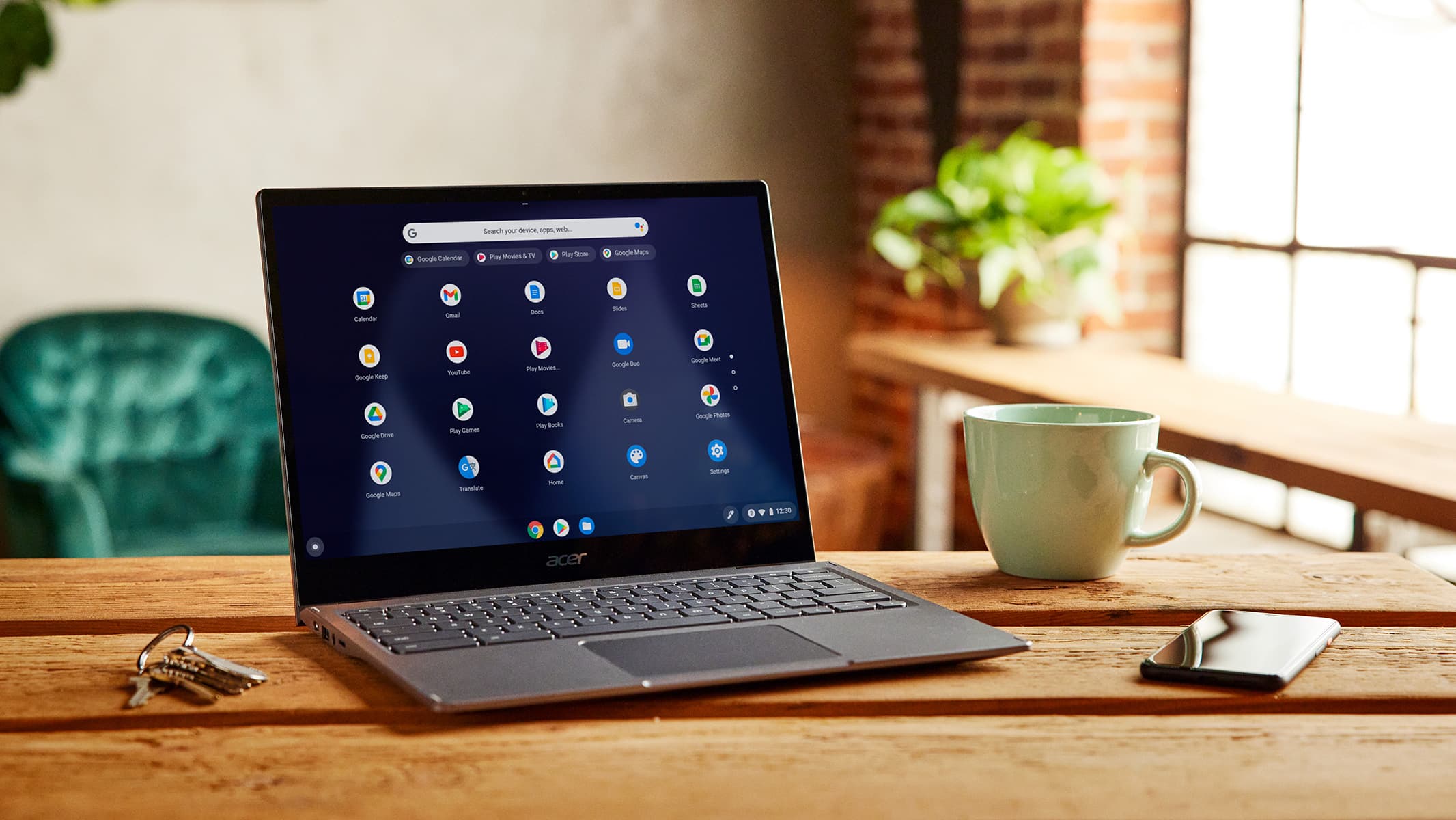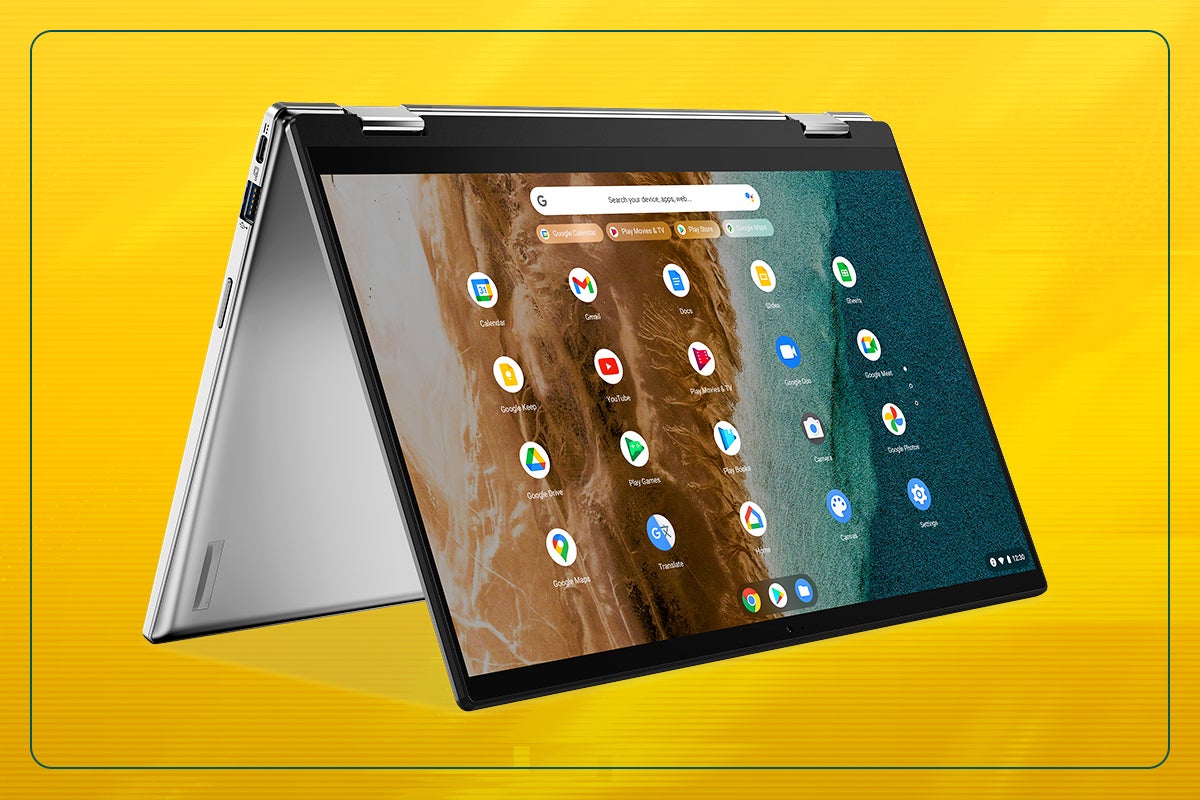What is Chrome OS?

Considering buying a Chromebook but unsure of what Chrome OS entails? We’re here to break down exactly what Chrome OS is and if it will work for you.
Chrome OS is an operating system, rivalling the likes of Windows 11 and macOS. If you’re thinking of buying a Chromebook then you will need to understand all the positives and negatives of the Google-run operating system.
Keep reading to find out everything you need to know about Chrome OS.
What is Chrome OS?
Chrome OS was developed by Google and is based on Linux, making it open-source and free to use.
Compared to other operating systems it is incredibly lightweight, taking up only a sixtieth of the space as Windows 7.
It is most commonly used on tablets and laptops, especially Chromebooks. It’s really simple to use and since it was developed by Google, it puts a big emphasis on web browsing, with Google applications like Drive and Photos at its core.
What are the positives of Chrome OS?
One of the biggest advantages of Chrome OS how simple it is to use. A lot of Chromebooks can load up in seconds, and the overall UI is very easy to understand, especially compared to systems like macOS.
Plus, every Chrome OS device that has been released after 2017 comes with access to the Google Play Store, meaning that a majority of Android apps are available on devices like Chromebooks.
Newer models can also run Linux applications, meaning that Chrome OS devices can run a lot of desktop-level programs.
Moreover, the fact that Chrome OS is mostly cloud-based means that Google services like Docs, Drive and Photos are easily accessible. This ensures that you can access any of your files from a different device, so long as you are logged in to your Google account.
Finally, the simple design means that Chromebooks are usually very lightweight and come with a great battery life, making them ideal hybrid and productivity devices.
What are the negatives of Chrome OS?
The main drawback of Chrome OS is that the full version of some popular software simply isn’t available. That means applications like Adobe Photoshop and Microsoft Office will be limited, with other big apps needing to be available on Linux to be fully accessible.
Anyone looking to purchase a Chromebook should make sure beforehand that any software they need to run will be supported.
In addition, since Chromebooks focus so much on their cloud-based storage, the interal storage afforded is usually pretty small. Chromebooks can come with 128GB or less, although access to features like Google Drive does make this less of an issue.
Chromebooks are also limited in terms of gaming since you will only be able to play titles that feature on the Play Store. Many AAA games won’t be supported, and the lack of overall power will also hinder more performance-intensive tasks.
What devices use Chrome OS?
Every Chromebook runs on Chrome OS, so keep your eye out for the Chromebook branding if you want to try out this operating system.
Check out this list of Chromebooks below to get an idea of which laptops are available, and see our top five Chromebook list to gauge the best Chrome OS devices on the market.
- Acer Chromebook Spin 513
- Lenovo Chromebook Duet
- Acer Chromebook 314
- Acer Chromebook 514
- Acer Chromebook Spin 714
- Lenovo 500e Chromebook 2nd Gen







